This interview with Todd Snider took place the morning of May 9th, 2009. Todd’s upcoming record, The Excitement Plan, was due to be released a month later. In this second part of the interview, we cover everything from pot to Dock Ellis to being lucky in life.
 OKOM: The last time you were in Eugene, we were talking on your bus, and you mentioned that you and Dave had gotten popped for possession. Now, I’m assuming that’s the backstory for “Greencastle Blues.”
OKOM: The last time you were in Eugene, we were talking on your bus, and you mentioned that you and Dave had gotten popped for possession. Now, I’m assuming that’s the backstory for “Greencastle Blues.”
Todd: Yeah, it is.
OKOM: Yeah, and I couldn’t help but make comparisons between “Greencastle Blues” and “Tillamook County Jail.” But, “Greencastle Blues” has a serious and somewhat dark, more mature tone to it. There is even a hint of regret in there. What were your – if this isn’t too personal – what are your thoughts about what you went through that ended up being the inspiration for a very personal song.
Todd: Yeah, I was feeling more ashamed about getting caught smoking marijuana than about smoking marijuana. At the age of 42, I think it was my seventh little trip to jail, and they are starting to get old. I would like to shake that side of my life but the thing that sticks with me is that I still smoke weed and I assume that I probably will for the rest of my life. So, that means that I always have to be real careful and try not to be disrespectful to the people that don’t want me to do it.
OKOM: What also came across in the song – besides being so personal – was that last line that spoke like a little act of defiance – “less than an ounce of possession, shit, I can do that kind of time standing up.”
Todd: Yeah, I feel like I was trying to show the cycle of how somebody stays a person like me. And most of the cats in my neighborhood are like that too. You find yourself – well I guess I shouldn’t say you, I should say I – you know how someone says, “You find yourself.” I’m like, no, you find yourself. Don’t tell me what I should do. So anyway, I find myself – damn, after that I forgot what I was going to say. But I liked the other point. [laughs]
OKOM: [laughs] A little side thing, last night I read that the New York Times had dubbed Jackie Greene as the Prince of Americana. I couldn’t believe that when I read it but… So, what would that make you?
 Todd: Ummm, The Grand Imagineer!
Todd: Ummm, The Grand Imagineer!
OKOM: [laughs] That sounds much better than Prince.
Todd: [laughs] Yeah!
OKOM: Okay, onto the next one. “America’s Favorite Pastime” – the title alone can be taken two ways – is it baseball or hallucinogenic drugs?
Todd: Yeah! [Laughs] Wow, I love you, man! You really appreciate the lyrics. I like to hear that you listen to it because it makes me feel understood. I always try to put in little things like that, you know?
OKOM: [Laughs] Man, you’ve got a lot of stuff like that. Now, when did you first hear about that game? I mean, you were only about four years old when that game was played.
Todd: Oh yeah, sure, I know. Maybe it was about two or three years ago. Maybe it was from one of the guys in Yonder Mountain String Band. I know it was backstage at a hippie festival, and the conversation went to – because a lot of the hippie bands take acid before they play – and the conversation turned to Dock Ellis having thrown a no-hitter that way. And I was just very fascinated by that.
OKOM: So did you have to do some research about Dock Ellis and that game?
Todd: I did. I had my friend Peter Cooper show me how to get on the computer and get the box score. Wait a minute – was it him? Anyway, somebody showed me how to get the box score. That was all I needed.
OKOM: You give a rundown of the whole game and a lot of the stats in the song.
Todd: Yeah, I do. My innings and my scores I believe are correct. And the coach’s name, Murtaugh. I used the box score pretty much for all that. And I had heard of this one part, that I couldn’t quite get in because I couldn’t get it to rhyme. It was a part about somebody hitting a dribbler at him and he hit the dirt like it was a line drive. I had heard that supposedly happened.
OKOM: Yeah, I believe it did. Okay, “Bring ‘em Home.” I love the viewpoint from the soldier’s side and it is not your typical end-the-war songs.
Todd: It was important to me, for some reason when I was working on that song, that I don’t come out and tell anybody to bring somebody home. So I felt like I wanted to tell it from the point of view of somebody else.
OKOM: Right, and why not somebody that’s out there in the middle of it? One of my favorite lines from that song is “it seems like all I’m ever almost dying to do” I mean, listening to that, it’s like you’re saying – or he’s saying – that he knows that any day he could die.
Todd: Exactly, and he’s just trying to get back. And I don’t know the answer. I know some people with some kids over there that just want to come home, man.
OKOM: I hope you don’t mind, Todd. I’m just going down the list.
Todd: No, I’m enjoying it. I appreciate you doing this for us and thank you for listening to it.
OKOM: That’s what’s always got me about your stuff. I always tell people when I turn them onto your music – listen, because you’ve got a lot to say.
Todd: Well, thanks man. That means a lot.
OKOM: It’s not superficial shit, it’s deeper than that. You work hard at it, and it shows. Next one – “Corpus Christi Bay” is one of my favorite Robert Earl Keen songs. But you didn’t just do a cover, you made it your own.
Todd: I tried to.
OKOM: I think it’s your vocal style and when that haunting fiddle of Molly’s comes in on the second chorus just sets that sad and pathetic mood.
Todd: Yeah, you got it.
OKOM: Now, was there a personal reason for the choice of that song?
Todd: Yeah, I’d heard that it was true for Robert Earl. Every time I’ve heard that song it reminded me of me and my brother. If you took the Corpus Christi Bay and replaced it with, say, the music world; and took the oil rigs and replaced it with the road and honky-tonks, you’d have our story. He [my brother] was out there with me for a while and now he’s home.
OKOM: Where does he live?
Todd: He lives across town here. He works in a booking company.
OKOM: So, you guys are still close?
Todd: Oh yeah, very much so, I talk to him every day.
OKOM: Are you far apart in age or are you very close?
Todd: I think it’s only about a year.
OKOM: That’s good to be close. My brother and I are nine years apart; we’re like two only children.
Todd: Oh wow, that’s weird.
OKOM: The years don’t matter; we love each other like brothers. And I think – shit, I know – I was an accident. My mom told me I was.
Todd: [laughs] Hey man, that’s cool, accidents are fantastic!
OKOM: [laughs] Hey, as long as I’m here! Enough about me. Okay, a couple of songs – “Slim Chance” and “Good Fortune” – it’s obvious, well at least it seemed obvious to me that you’re talking about Melita. Does she inspire you a lot?
Todd: Yeah, oh yeah.
OKOM: Do you consider yourself lucky?
Todd: Oh yeah, very much.
There’s more to come next week. Right now, I’ve got to get ready to go to Reno for Todd’s two shows at John Ascuaga’s Nugget. See you there. It’s gonna be a blast.

 Todd: Oh, kick ass! We’re going to rock tonight. We’ve got a saxophone kid that came out the other day and a piano player too. It’s cool. We actually had a practice!
Todd: Oh, kick ass! We’re going to rock tonight. We’ve got a saxophone kid that came out the other day and a piano player too. It’s cool. We actually had a practice!
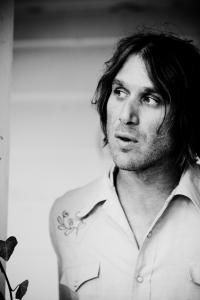
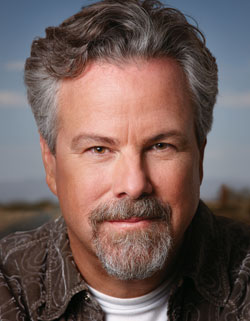
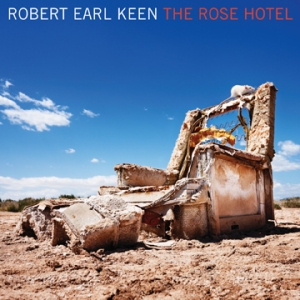


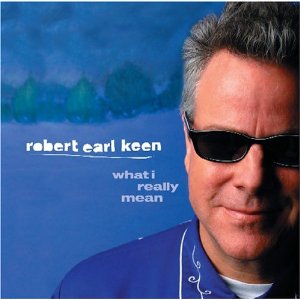
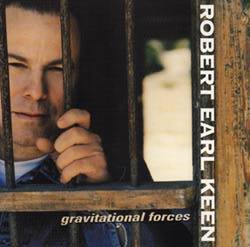
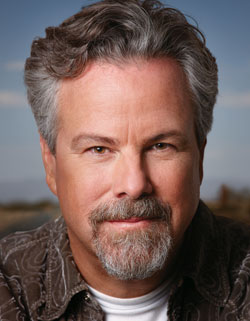
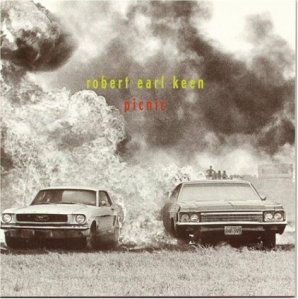
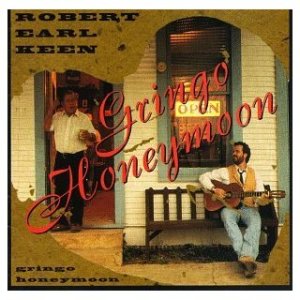
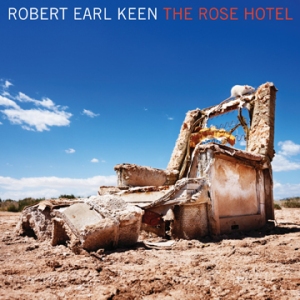
 This is the final installment of my interview with
This is the final installment of my interview with 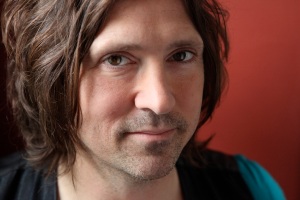 In this part of the interview with singer-songwriter-producer
In this part of the interview with singer-songwriter-producer 